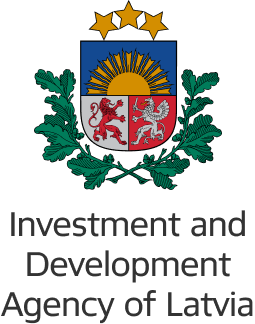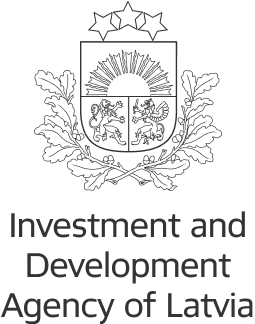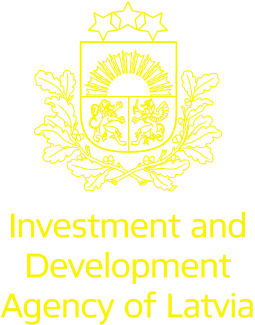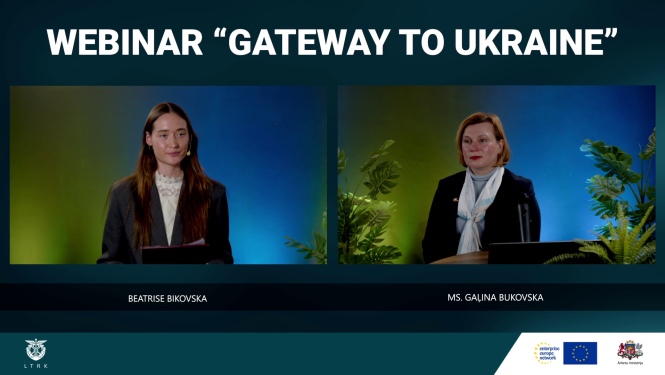On February 17, the Latvian Chamber of Commerce and Industry (LTRK) and the Investment and Development Agency of Latvia (LIAA) organized a webinar entitled "Gateway to Ukraine", which brought together Latvian and Ukrainian entrepreneurs, representatives of institutions and industry experts with the aim of strengthening bilateral cooperation and identifying new business opportunities in the Ukrainian market. The event was opened by the Latvian Ambassador to Ukraine, H.E. Andrejs Pildegovičs, and…
On February 17, the Latvian Chamber of Commerce and Industry (LTRK) and the Investment and Development Agency of Latvia (LIAA) organized a webinar entitled "Gateway to Ukraine", which brought together Latvian and Ukrainian entrepreneurs, representatives of institutions and industry experts with the aim of strengthening bilateral cooperation and identifying new business opportunities in the Ukrainian market. The event was opened by the Latvian Ambassador to Ukraine, H.E. Andrejs Pildegovičs, and the Ukrainian Embassy's authorized representative, Yuriy Zaharchuk, who emphasized the close partnership between the two countries, mutual trust, and the importance of economic stability in the current geopolitical situation. The role of Latvian…



